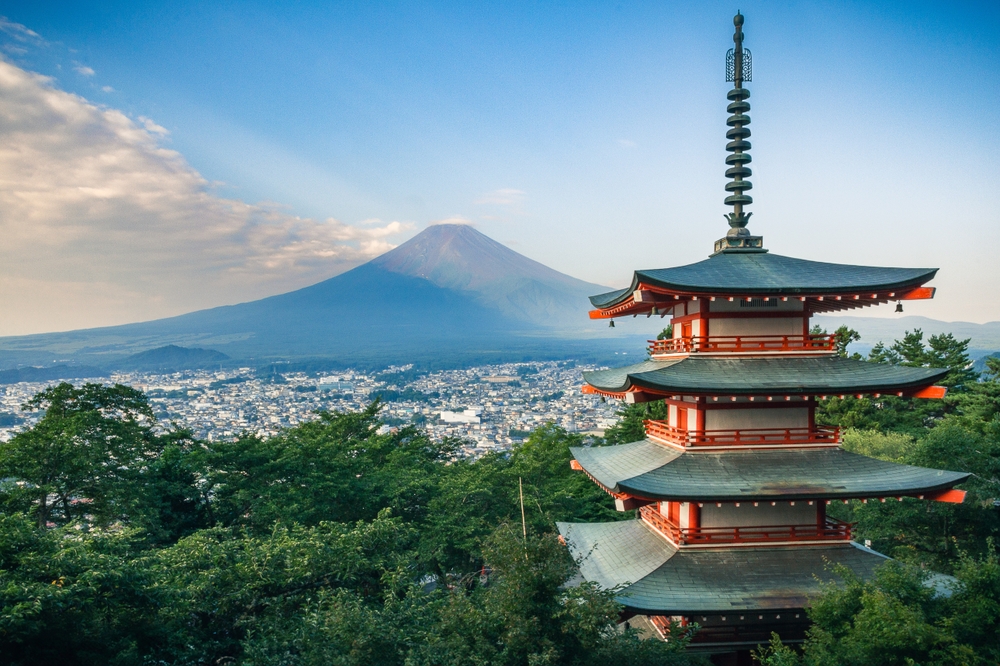Before I began this journey, I thought sleep was simple. A basic human need, a nightly routine, the same everywhere. But the deeper I looked, the more I realized I was completely wrong. Sleep is not just about biology. It’s a cultural fingerprint. It reveals how people live, work, love, and connect. It mirrors society’s values, stresses, and unspoken rules. What time people go to bed, how long they rest, whether they nap or rise early, it all says something bigger. And it’s not just about comfort or routine. Sleep, in many parts of the world, is wrapped in ritual, belief, and social meaning.
As a researcher obsessed with human behavior, I dove headfirst into sleep trends across countries. I didn’t just compare bedtimes or mattress quality. I explored how environment, tradition, and even national identity shape how we rest. From power naps on trains in Tokyo to sacred bedtime teas in India, the range of practices shocked me. What seemed quirky at first often made more sense than our Western obsession with eight uninterrupted hours. The global perspective completely changed how I sleep, and more importantly, how I think about rest itself. Let me take you on that journey.
At first, I assumed Sleep was just one of those universal things. Close your eyes, clock eight hours, and you’re done. But after years of researching how people rest around the globe, I realized I couldn’t have been more wrong. Sleep varies so drastically across cultures that it reshaped how I think about rest, wellness, and even productivity. What I uncovered challenges almost everything Western culture believes about the right way to sleep. Here’s what I learned.
1. Japan Sleeps the Least, but It’s Not What You Think

Japan has one of the lowest average sleep durations in the world, with many adults sleeping just six hours or less. But the situation isn’t as simple as a country full of insomniacs. In Japan, it’s common to practice “inemuri,” or napping in public while appearing present. These mini-rest breaks at desks, in meetings, or on trains are considered signs of diligence, not laziness. Japanese culture blurs the line between work and rest in ways the West finds baffling. Instead of prioritizing long, uninterrupted nighttime sleep, they weave it throughout their day. The result? A functional, albeit fragmented, rest culture.
